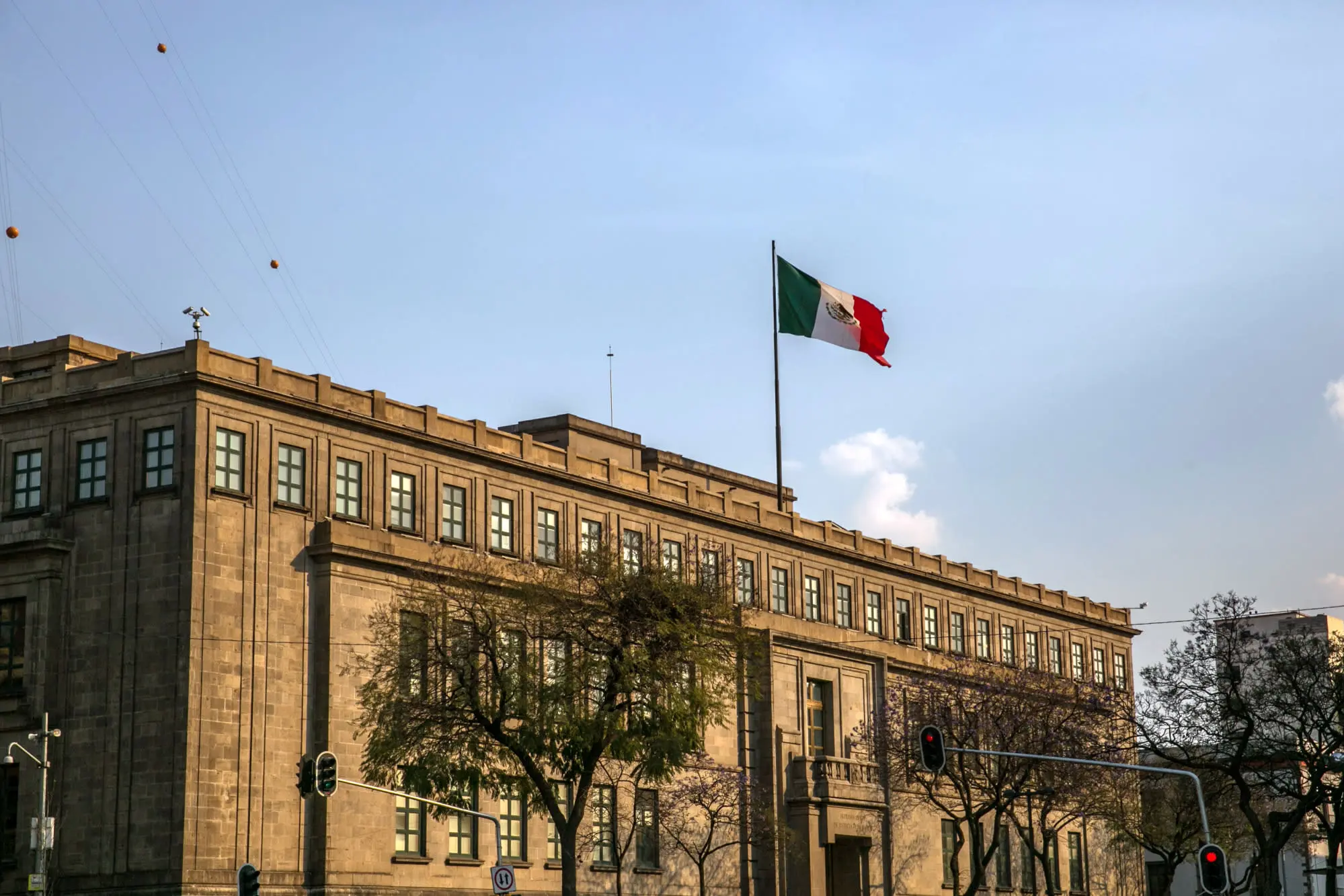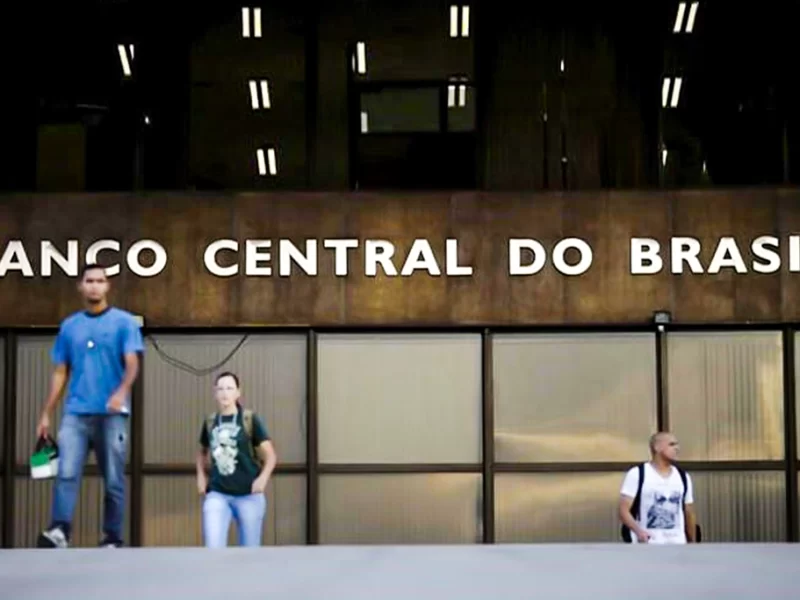Mexico’s journey to democracy reflects notable achievements and ongoing challenges.
The country’s democratic performance in areas such as representation, rights and participation shows progress, but also reveals gaps, particularly in the rule of law.
The International Institute for Democracy and Electoral Assistance (IDEA) highlights Mexico’s position in the global ranking of democracy.
Mexico ranks 69th in representation, placing it below Liberia but above India. In the area of rights, Mexico ranks 113th, standing above Zimbabwe but below Qatar.
The country’s performance on the rule of law also ranks 113th, placing it above Kyrgyzstan but below Kazakhstan.
Additionally, Mexico ranks 119th in participation, with countries like Paraguay scoring the highest and Cape Verde the lowest.


This mixed performance highlights considerable room for improvement. According to the report, Mexico’s democratic performance has declined in 11 of 17 key factors, pointing to ongoing challenges that need to be addressed.
One of Mexico’s major successes is the advancement of women in politics. Recent reforms introduced gender equality in all branches of government, culminating in the election of Mexico’s first female president in 2024.
This historic achievement shows the country’s progress towards gender equality, although ongoing issues such as gender-based violence and high rates of femicide continue to demand attention.
Mexico has also struggled with increasing drug-related violence over the past two decades, with corruption allowing criminal organizations to influence politics, including through violent interference in elections.
The creation of the National Guard in 2019 represents the government’s attempt to address these issues, but the militarization of public security has faced scrutiny for its human rights implications.
The Rule of Law: Mexico’s Achilles Heel in Democratic Performance
Political transitions in Mexico have remained largely democratic, as seen with Morena’s electoral victory in 2018.
However, concerns remain about the government’s criticism of the media and the opposition, as well as proposed reforms that could weaken the independence of the judiciary and undermine democratic checks on the executive branch.
Globally, voter turnout has fallen and legal challenges to elections have increased, with one in five contested elections between 2020 and 2024.
These trends reflect the increasing complexity in maintaining democratic integrity around the world.
As Mexico moves forward, addressing issues in the rule of law, freedom of the press, and the independence of the judiciary will be essential.
These challenges, if properly addressed, will determine the country’s future democratic stability and global standing.



